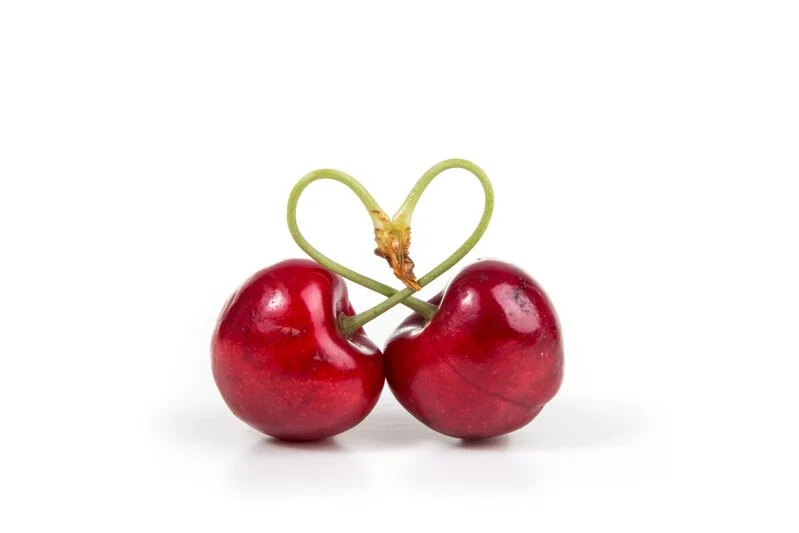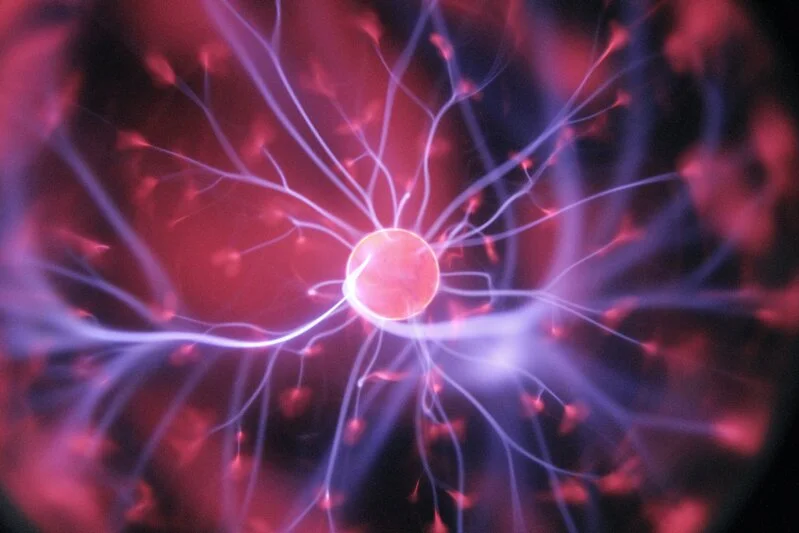I was recently out with a friend shopping at Walmart and Home Depot. At each store they offered self-service as well as cashiered lanes. At both stores I went to the cashiered lanes and both times I told my friend, "I like to be served." Deep within us we enjoy being cared for and feeling that we matter, no matter who we are. That is what customer service is about.
Now, there are those that love the self-serve lines. They scan and pay for their items without having to have a service person come help. They rely on their abilities. They are do-it-yourself types; I am that way too, yet I like being greeted by a cashier and to have my items bagged by someone trained to do so. When I scan things, I just toss them in. I don't separate meats, bread, etc. In addition, if I have questions, someone is right there to help. And if an item doesn't have a bar code, they call someone to go find what it is.
Hospitality is about service. It's about being friendly and kind no matter our mood and situation. There could be a toilet overflowing or a fire in the kitchen and we keep our cool. Hospitality is about charisma, energy and charm. Our jokes are funny. Our smiles and greetings are sincere. We are experts. We are here to help and to serve. It is our pleasure to make you feel valued and appreciated. You are important to us because without you, there would be no us.
Yet anti-service is the natural state that we have to fight all the time. Anti-service is a lack of effort and energy. It's about us, not them.
I have visited hundreds of bed and breakfasts, hotels, and vacation rentals. I love to ask where I should eat and I enjoy the recommendations and wonderful food. To find the best food, ask a local, right?
On one trip to a bed and breakfast, I asked my normal, "What restaurants do you recommend?" The front desk worker (who claimed all workers were managers - very progressive and such) replied, "Just walk down the street. There are a few places to eat."
It was strange. Normally, someone would tell me about a favorite business and even a favorite dish. To be told by a supposed manager to "just walk down the street" was even more off putting. Obviously that business has some training issues and maybe an employee issue that they don't know about.


